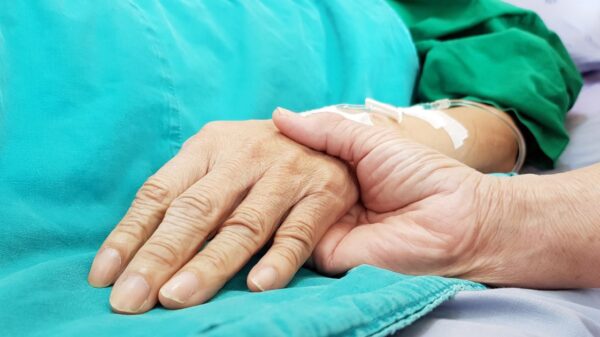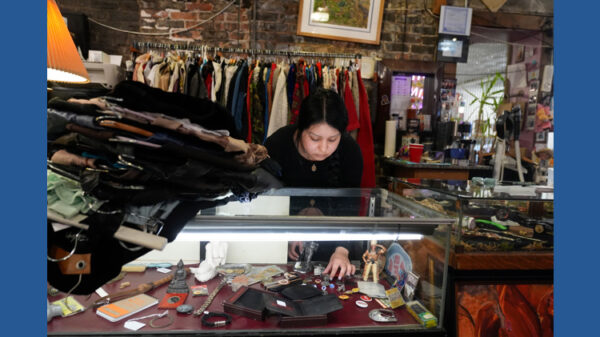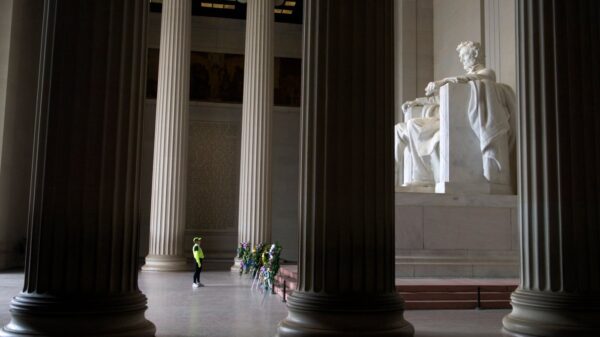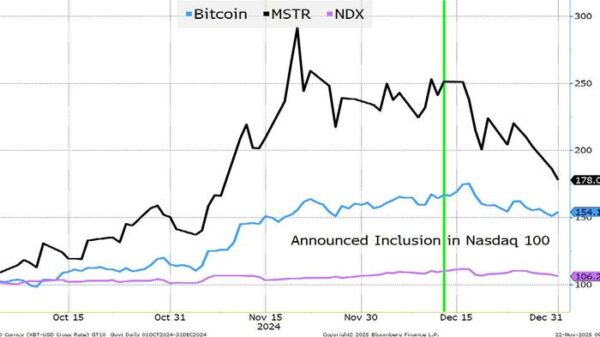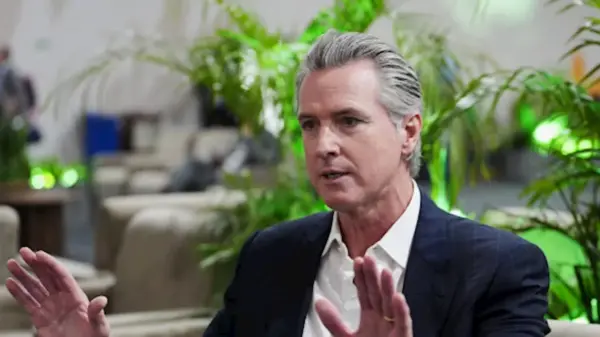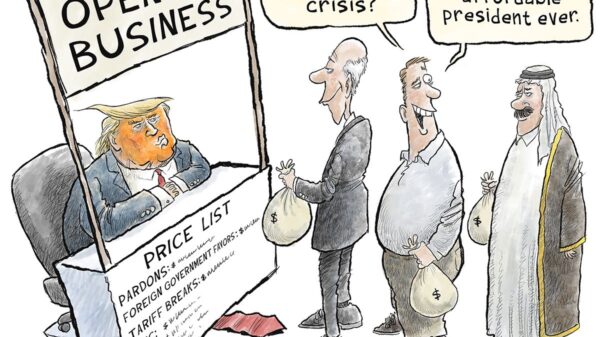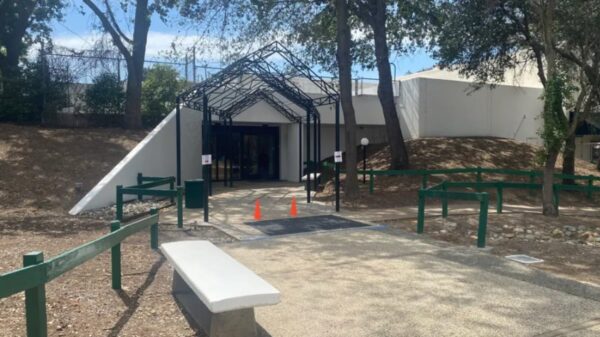Scottish museums face potential closure as the industry grapples with evolving gender identity regulations. The sector’s governing body, Museums Galleries Scotland (MGS), has issued a stark warning that proposed rules banning trans individuals from using facilities that align with their gender identity could jeopardize operations at some institutions.
MGS, which supports approximately 455 non-national museums and receives funding from the Scottish Government, emphasized the need for a nuanced approach in a recent consultation response. The organization expressed concerns regarding a lack of guidance from the Equality and Human Rights Commission (EHRC). According to MGS, the EHRC’s proposals may not only lead to closures but could also leave trans individuals without appropriate restroom facilities.
In its statement, MGS articulated that the current guidance appears to prioritize exclusion rather than inclusion. They noted, “There is no guidance on how to include trans people; there is only information on how to exclude them.” The organization urged the EHRC to take into account the specific needs and rights of trans individuals, highlighting the potential human rights implications of the proposed regulations.
The consultation response raised alarms about how the EHRC’s lack of clarity could impact the treatment of trans individuals in public spaces. MGS warned that restricting access to gender-aligned facilities could significantly affect the dignity and rights of trans people, as many could be left with no suitable options.
As public discourse around gender identity and bathroom access continues to evolve, the debate has become increasingly contentious. Critics assert that allowing trans individuals to use restrooms aligned with their gender identity poses risks to women’s safety, while supporters argue that excluding trans individuals from such spaces is discriminatory.
The ongoing dialogue reflects broader societal changes and the challenges of balancing rights and safety in public facilities. Advocates for trans rights assert that the proposed measures could lead to further marginalization of an already vulnerable population.
In light of these developments, MGS has called for a reconsideration of the EHRC’s approach. The organization stated, “There is a significant potential that the human rights of trans people will be impacted, for example, being banned from toilets that align with lived gender.” They have requested that the EHRC engage with stakeholders to ensure that all voices are heard in the decision-making process.
As the issue unfolds, the collective response from the museum sector will likely play a critical role in shaping future policies regarding gender identity and public facilities across the United Kingdom. The outcome could have lasting implications not only for museums but also for the broader conversation surrounding trans rights and inclusion in society.






